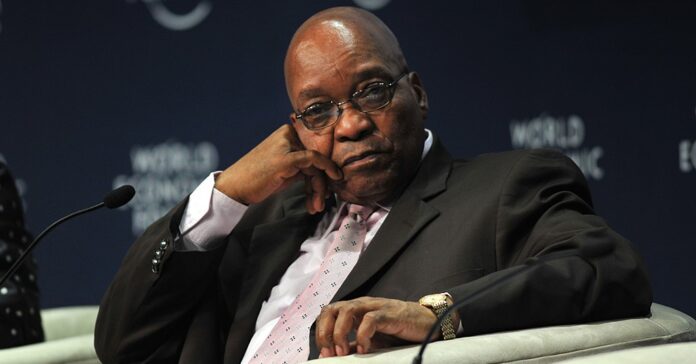Former President Jacob Zuma’s return to politics with the MKP could disrupt ANC’s dominance as South Africa approaches a pivotal election
Jacob Zuma, the former President of South Africa, has made a dramatic return to the political arena, leading the new uMkhonto weSizwe Party (MKP) in the upcoming elections on May 29. This move comes amid concerns about the African National Congress’s (ANC) waning influence, as the party might lose its parliamentary majority for the first time since 1994.
Zuma, an influential figure in South African politics, has been at the centre of numerous scandals, including allegations of a major financial scandal involving the misappropriation of $27 billion during his presidency. Despite these controversies, Zuma has managed to maintain substantial support, particularly in KwaZulu-Natal, his home province and a crucial electoral battleground. His party, MKP, is projected to capture about 8% of the vote according to recent polls, signalling significant political clout.
Embed from Getty ImagesThe MKP’s platform is radical, advocating for the nationalization of banks and mines, land expropriation without compensation, and an expanded welfare network. These policies resonate with a segment of the electorate frustrated by economic stagnation and inequality. Zuma’s personal charisma and populist rhetoric have helped him regain prominence, leveraging ethnic and tribal affiliations to galvanize support.
However, Zuma’s eligibility to run due to his criminal conviction is under scrutiny, with a Constitutional Court decision pending on May 10. Despite these legal challenges, the MKP is optimistic about Zuma’s leadership potential, though the ANC has downplayed the threat posed by his new political venture.
The implications of Zuma’s resurgence are profound. Analysts suggest that the presence of MKP, along with the leftist Economic Freedom Fighters, could lead to an unstable coalition government, unsettling foreign investors who have already withdrawn substantial amounts from South African markets this year.
Zuma’s previous tenure was marked by economic missteps and rising public debt, factors that contributed to his ousting by the ANC in 2018. Nevertheless, his political comeback highlights the deep divisions and enduring loyalties within South African politics, reflecting broader discontent with the current government’s performance.
As South Africa heads toward what may be its most contested election since the end of apartheid, the potential for significant political shifts looms large. The outcome will not only determine the future leadership but also the direction of policies affecting the nation’s economy and social fabric
